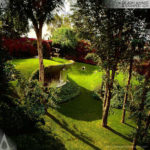
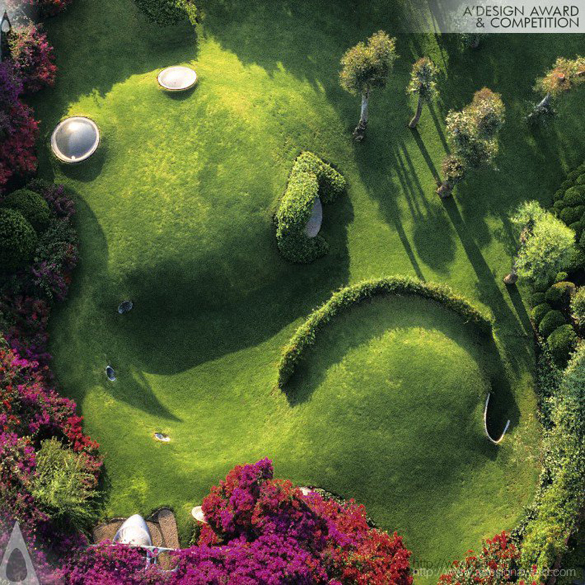
Images of Organic by Javier Senosiain from A’ Design Award & Competition. Read more Organic by Javier Senosiain


Images of Organic by Javier Senosiain from A’ Design Award & Competition. Read more Organic by Javier Senosiain
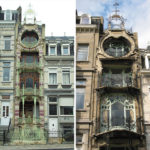
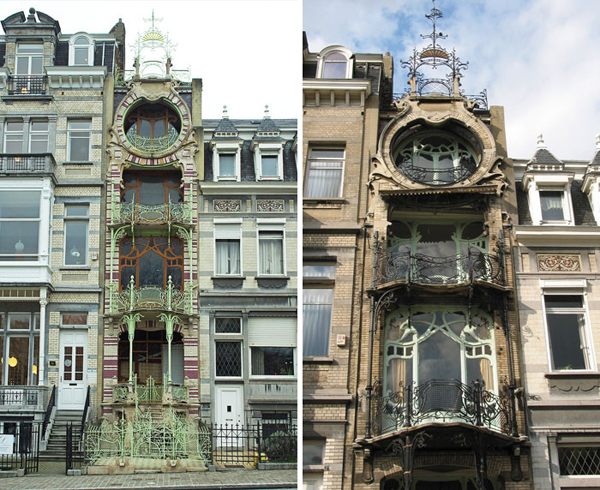
Check out this list of diabolical-looking buildings for some seriously sinister inspiration. They might look like dodgy dens from a James Bond movie, but they’re actually a bunch of awesomely creative, non-nefarious structures from around the world. Compiled by Bored Panda, and greatly inspired by /r/evilbuildings, the list contains everything from a dancing house in Prague and a train station in Lyon to a congress centre in Hangzhou and a research institute in Berlin. You’re sure to find some great design ideas, even if you’re not a scheming supervillain. Read more Evil-Looking Buildings

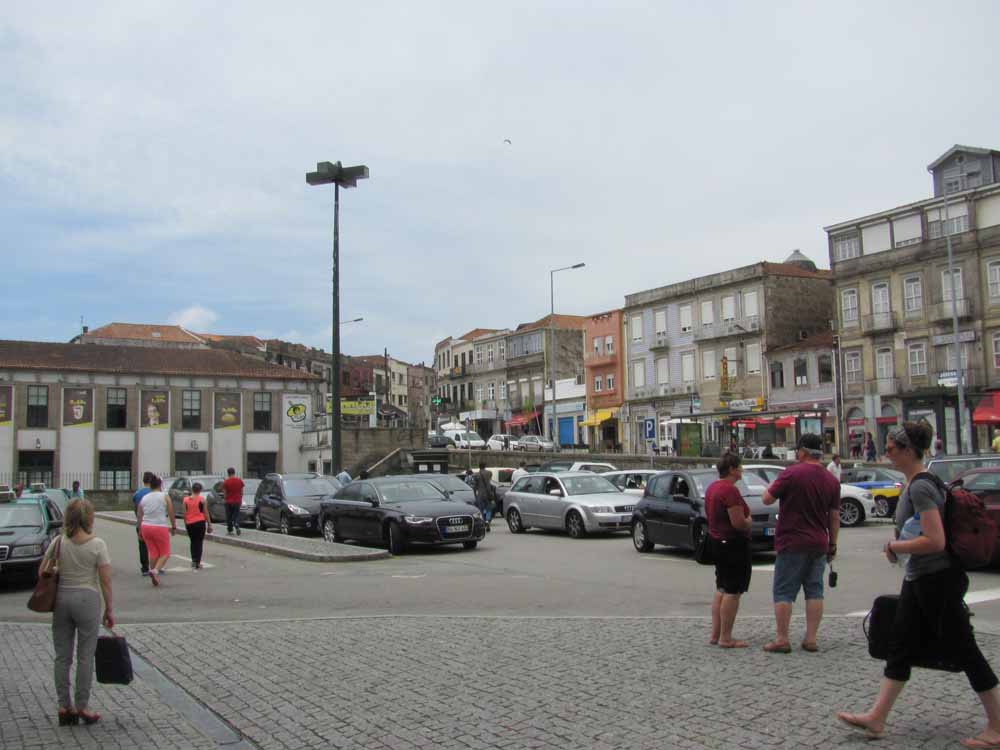
Porto (Portuguese pronunciation:ˈpoɾtu), also known as Oporto in English, is the second largest city in Portugal after Lisbon and one of the major urban areas of the Iberian peninsula. The urban area of Porto, which extends beyond the administrative limits of the city, has a population of 1.4 million (2011) in an area of 389 km2 (150 sq mi), making it the second-largest urban area in Portugal. Porto Metropolitan Area, on the other hand, includes an estimated 1.8 million people. It is recognized as a gamma-level global city by the Globalization and World Cities (GaWC) Study Group, the only Portuguese city besides Lisbon to be recognised as a global city. Read more Snapshots from Porto, Portugal


Hoping to showcase his skills in order to start his own business, Chinese architecture graduate Li Rongjun, built an incredible office using thousands of discarded beer bottles. Along with help from his father, Li spent four months building the 18-feet high two-storey structure, which consists of a top level made of 8,500 beer bottles in 40 layers and a bottom floor built with mud and brick. “I want to build an office which combines artistic beauty with pragmatism.” Li Rongjun explains, “This building is my calling card for my future business plans. It will allow investors to see my products in real life and see my talent.” Read more Office built out of thousands of bottles

Located in the medieval city of Brasov, in Transylvania, Romania, Strada Sforii (Romanian for ‘String street’, German: Fadengasse ) it is known as the narrowest street in Europe. Only Spreuerhofstraße, in Germany, and Parliament Street, in England, are narrower.
Finally Strada Sforii now have a dedicated website where you can upload your own pictures, movies, works or tell your story related to the street.
sforii.ro
By uploading YOUR WORKS, you allow for your works to be used to showcase and develop Strada SfOrii on the web, in print and socially.



“Architects Yasutaka Yoshimura, a Japan-based studio recently completed their “Nowhere but Sajima” home. The seaside rental is Read more Nowhere But Sajima by Yasutaka Yoshimura


“Residence of Daisen, named after the mountain in Tottori prefecture where the house rests, is made up of several containers positioned in open areas of the forest. They’re connected by passageways that strategically meander around trees. But the topography of the land wasn’t the only field that Read more Residence of Daisen


“Thomas Kosbau and built from discarded shipping containers. It has brought together local entrepreneurs into not just a market, but an outdoor community center that showcases Brooklyn’s current economy and culture, while hinting at its heritage as a major manufacturing center and Read more Brooklyn’s New DeKalb Market


“In Milan, a forest will soon be planted in the sky. Building works for a pair of skyscrapers that will become home to the world’s first vertical forest is underway. The brainchild of architect Stefano Boeri, the €65 million ‘Bosco Verticale’ is already under construction. When complete, the skyscrapers will Read more World’s first vertical forest is under construction in Milan


“The award winning “dwelle.ing” are a range of carefully designed micro-buildings that are highly sustainable, fast to erect and extremely adaptable. They can achieve zero carbon status, potentially meet Passivhaus standards and if doubled-up (which can be done at a later date), will meet Lifetime Homes Standards.
The building concept responds effortlessly to the occupants’ requirements, however varied. It can be personalised from the outset, but can easily change to Read more The dwelle.ing buildings